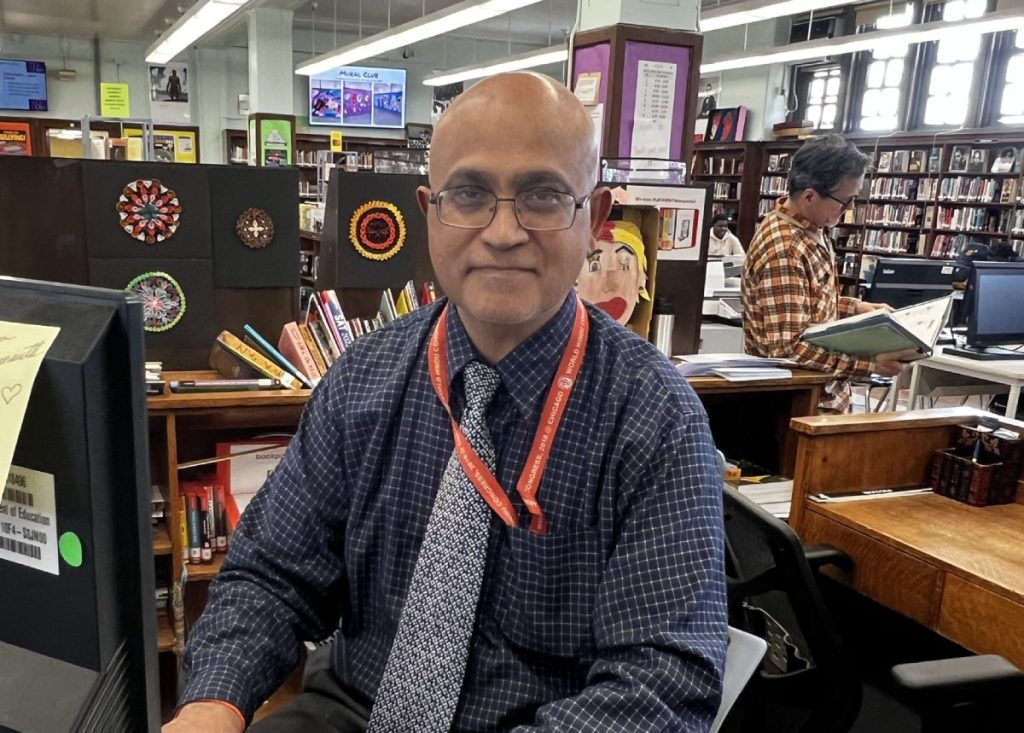Indian Politicians in third world countries generally have not served their supporters well. Most are in politics for self – self-enrichment rather than their communities. They are not Gandhian in nature, meaning honest. And they are “hard of hearing”. Had Indian politicians, especially leaders of minor parties in Trinidad, Guyana, Fiji, etc., accepted advice of objective analysts, the politics in those societies would have been different. The politicians would have provided effective representation to their limited supporters and forever transform politics in their homelands. Indians would have been guaranteed equality wherever they have settled.
I worked with many politicians in third and first world countries. The behavior and thinking of first world politicians are the opposite of those in the third world. In the third world, politicians generally think highly of themselves and are egoistic, ignoring sound advice and opinion polls especially if they are found to have weak political support. They dismiss or fire advisors and or pollsters for delivering bad but accurate news. They want only good news even when there is none to report and even when they are losing elections. Third world politicians want advisors and pollsters to manufacture support for them. First world politicians, in the other hand, want an accurate assessment of their support so they can take effective measures to improve standing with voters.
Had political leaders of small parties or the major parties in Fiji, Guyana, and Trinidad listened and accepted advice of independent analysts, they would have saved their supporters and the countries much headache. As an illustration, in Fiji’s December 14 elections, it was clear months ago that Labor led by Mahen Chaudhry would not meet the minimum threshold of 5% support to qualify for seats in the 2022 elections. Instead of contesting on its (his) own, Labor (Chaudhry) should have teamed up with Biman Prasad’s National Federation Party. NFP would have won seven instead of five seats. It required about 6,500 votes for a seat. Labor got 13,000 (primarily Indian) votes but no seats because it did not meet the minimum threshold. Had it teamed up NFP, that alliance would have gotten enough votes for seven seats. Those two additional seats would have enabled the opposition to form the government.
A similar situation obtained in Guyana in 2020. The several minor parties obtained enough votes for more than two seats had they entered into a joiner list and controlled power. The joiner list allows parties to retain their individual identity while combining votes for seats; they lose nothing in joining the list. Only three small parties entered into the joiner list and obtained sufficient votes for one seat. The other minor parties adamantly rebuffed appeals to join the joiner list for political empowerment. They were confident they would win seats on their own even when polls conducted by this writer showed them not garnering enough votes for a seat. Their ego disempowered them and their supporters.
Trinidad experienced a similar outcome in 2007 and 2020. Polls conducted by this writer in 2007 showed the minor COP winning a lot of votes but no seats. The polls found if the opposition UNC and COP entered into an accommodation, they would win the election. The COP refused to enter into an accommodation with UNC confident of victory on its own. It won no seats as my polling forecasted. The 2007 election results showed had it entered into the accommodation, they would have formed the government. The two parties entered into an accommodation in 2010 and won a huge majority. In 2015, the alliance fell apart and lost. In 2020, my polling found that if UNC were to reconcile with alienated Indian supporters and party stalwarts and with COP, it would win the election. The UNC party refused to reconcile with estranged stalwarts and lost. The PNM, on the other hand, reconciled with alienated party stalwarts and united its base that caused it to win.
Clearly, the egoism of politicians of minor parties, Indians in particular, is the main cause of their political problems and by extension the predicament that Indians find themselves. Had they accepted sound independent political analyses, they would have been empowered to influence political decision making in their homelands.
